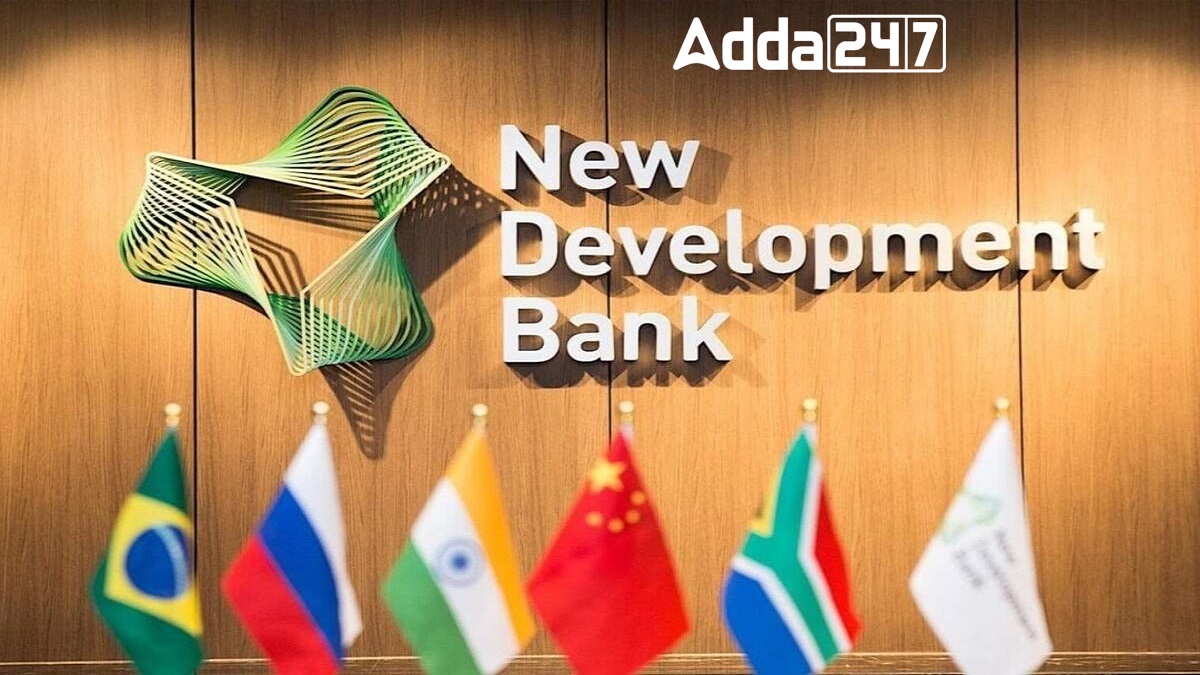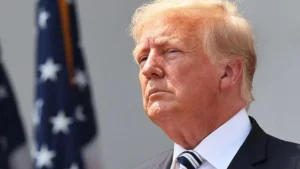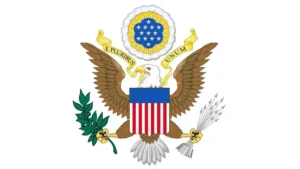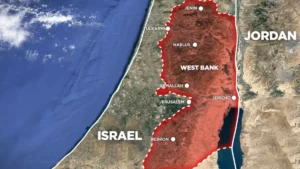Algeria has been officially authorized to join the BRICS New Development Bank (NDB), as announced by the bank’s president, Dilma Rousseff, during the ninth annual meeting in Cape Town. The NDB, established by the BRICS countries (Brazil, Russia, India, China, and South Africa) in 2015, aims to support infrastructure and sustainable development projects in emerging economies and developing nations.
Expansion and Membership
Since its inception, the NDB has expanded to include new members beyond the founding BRICS nations. In 2021, Bangladesh, Egypt, the United Arab Emirates, and Uruguay were added. Algeria’s admission, following a favorable assessment of its macroeconomic indicators, marks a significant step in its integration into the global financial system.
Economic Impact
As Africa’s leading natural gas exporter, Algeria’s membership is expected to bolster its economic growth prospects. The NDB’s role is to mobilize resources for development projects, providing an alternative to traditional international financial institutions like the World Bank and IMF.
BRICS Key Points
Formation: BRICS is an acronym for Brazil, Russia, India, China, and South Africa, representing a group of emerging economies.
Establishment: Initially formed as “BRIC” in 2009, with South Africa joining in 2010 to expand it to BRICS.
Purpose: Aimed at enhancing cooperation and dialogue among member countries on economic, political, and developmental issues.
New Development Bank (NDB): Established in 2015 to support infrastructure and sustainable development projects in BRICS and other emerging economies.
Economic Influence: Collectively, BRICS countries represent a significant portion of global GDP and are major players in international trade.
Annual Summits: The group holds annual summits to discuss and coordinate policies on various global issues.
Expansion: The NDB has expanded its membership to include additional countries such as Bangladesh, Egypt, the United Arab Emirates, and Uruguay.




 Trump Slaps 10% Global Tariff on All Imp...
Trump Slaps 10% Global Tariff on All Imp...
 U.S. Department of State Launches $200 M...
U.S. Department of State Launches $200 M...
 India Joins 100+ Nations in Strong Stand...
India Joins 100+ Nations in Strong Stand...








